What is OpenDNS (vs Google DNS) & How to Use It
- DNS (Domain Name System) translates user-friendly domain names into IP addresses, allowing users to access websites without remembering complex numbers. Regular DNS, however, has security and performance issues.
- OpenDNS, developed by Cisco Umbrella, offers enhanced security features like phishing protection, faster DNS lookup speeds, and customizable content filtering, making it a superior alternative to regular DNS services.
- Setting up OpenDNS involves selecting a plan, registering, configuring your router with OpenDNS's settings, and optionally installing the OpenDNS Updater for dynamic IP addresses. Alternatives to OpenDNS include GoogleDNS, Cloudflare, and Quad9, each with its own set of features.
We all love to surf the internet for our favorite sports, entertainment, or social media. However, many of us don’t know how we get to these websites in the first place. And that’s where DNS comes in that works in the background to show us all these web pages. It does all the hard work so we don’t have to remember all the complicated website addresses.
Despite how useful DNS is, issues related to both performance and security still plague it. With the ever-evolving technology, CiscoUmberlla has developed OpenDNS which is just a straight-up better version of the regular DNS service. In this article, we will explain everything related to OpenDNS and how you can set it up on your device. So let’s jump in!
Table of Contents
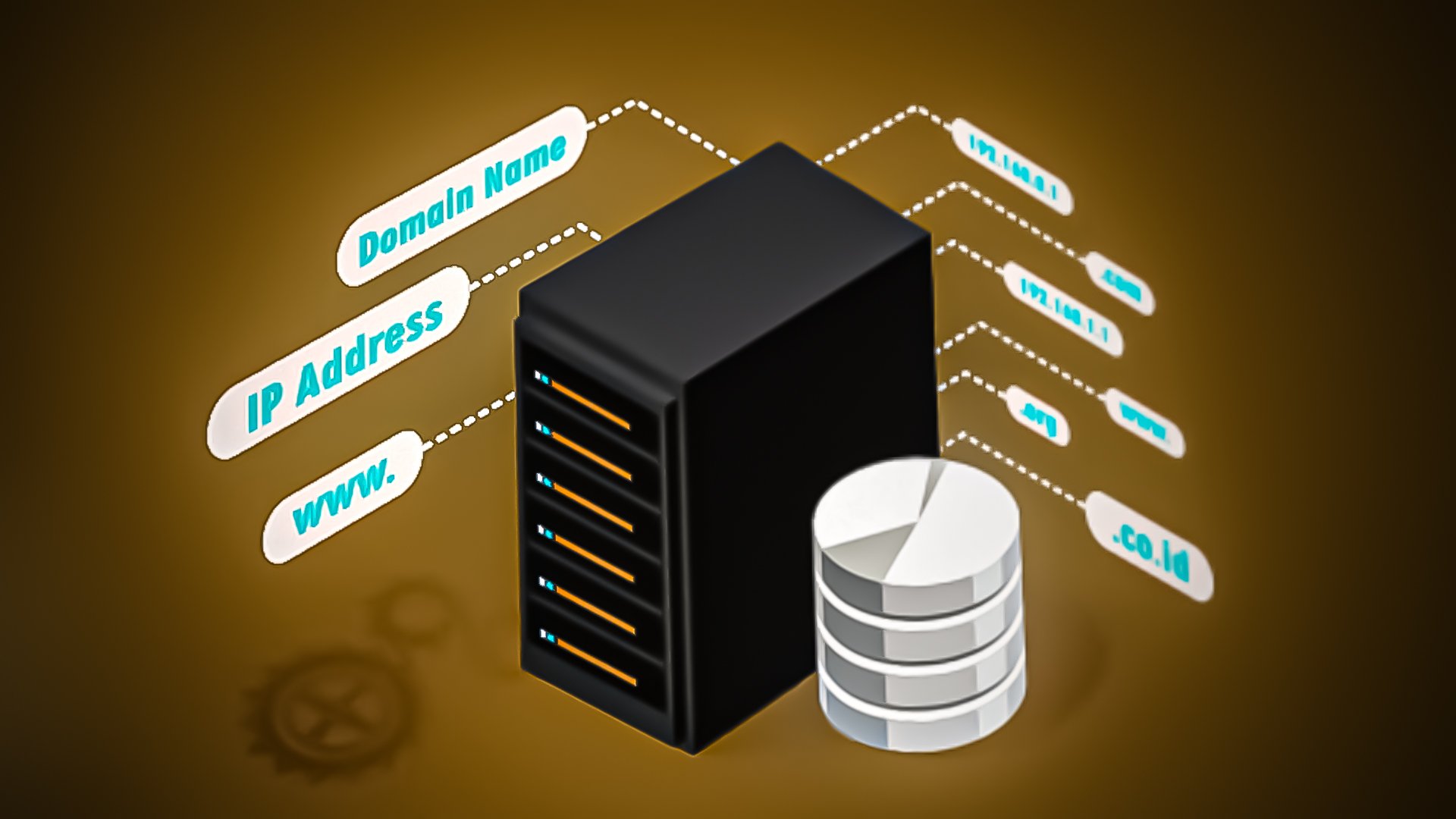
What Exactly is DNS?
DNS and all these fancy words may seem super complicated at first but they are straightforward to understand. Firstly, imagine the Internet as a big city with buildings, shops, and everything. All of these places will have a unique address that helps people to visit them.
Just like everything in the world of computers, these addresses called IP, are also written in numbers and not user-friendly terms like real life. DNS is what hides these addresses behind domains that we all know, like facebook.com or google.com. Because the actual address remains unchanged, the DNS system must get the IP address every time you want to visit a domain.
READ MORE: What is Jitter? Decoding The Key to Faster Internet Speeds ➜
Problems With Regular DNS
Because of the sheer simplicity of DNS, there are many concerning issues regarding its privacy and performance. Let’s break them down:

↪ DNS is Not Fully Secure
Regular DNS only offers basic security and control features. If malicious people have the right amount of control and tools, they can check your destinations, hijack them, and much more.
- DNS Hijacking: Because of the poor security features of DNS, hackers can hijack the DNS system and lead you to fake websites designed to scam you. It’s like asking the taxi driver to go to the bank and he takes to a place designed just like a bank that wants to steal all your stuff.
- DNS Snooping: Because DNS is so open, wrong people with the right knowledge can snoop on the DNS you are on, they can see where you have been going and where you want to go next, posing a great threat to the privacy of the user.
- DDOS attacks: We have all heard of DDOS attacks, imagine them like a crowd of people swarming your DNS for directions resulting in DNS becoming confused and unable to help anyone. Cybercriminals can use fake destination requests to do exactly that, preventing you from going to your destination.
READ MORE: What is Chromium Virus and How to Remove it? [2024 Guide] ➜
DNS Can Be Slow
Just like how a Taxi service can sometimes take too long to respond, regular DNS services when under load can sometimes take time to get correct directions to the requested website interrupting your browsing experience.
Regular DNS Doesn’t Offer Content Filtering
Regular DNS has no way of filtering websites you might find inappropriate. While using regular DNS service, there is always the risk that your children can get exposed to inappropriate or profane media.

READ MORE: How to Block Adult Websites on Your Phone Forever [2024] ➜
What is OpenDNS
OpenDNS is a specific DNS service provider, it serves as an alternate to the DNS services provided by your Internet Service Provider (ISP). It does everything a regular DNS service can do but better along with some additional features and control options for you.
Open DNS acts as an improved version of regular DNS services. It provides various new features like phishing protection, DNS lookup, cloud computing, and an overall secure climate. Additionally, OpenDNS also provides an optional yet highly customizable content filtering option if you want to protect your family and young ones from inappropriate content.
Cisco Umbrella developed OpenDNS with only one thing in mind, to protect its customers from malware, bots, phishing, and targeted online attacks. OpenDNS was founded in 2005 and has served as the most reliable and secure DNS service provider ever since.
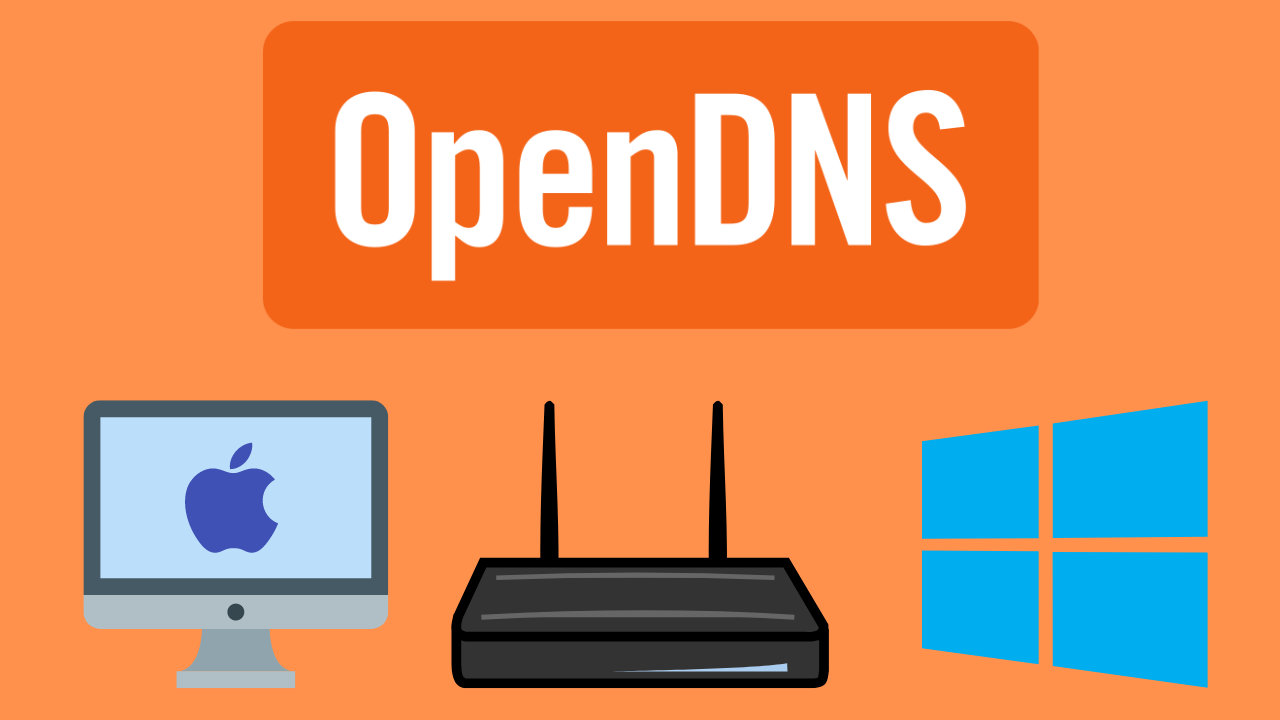
READ MORE: The 5 Best Internet Security Suites for 2024 [Detailed List] ➜
Benefits Of OpenDNS
OpenDNS has many features that give it the upper hand on regular DNS services. Following are some of the features that are not present in regular DNS service.
- Super Speed: OpenDNS servers are super fast and reliable, they are made to handle millions of requests. They get the required address for the given domain in a matter of seconds. With OpenDNS, you can get your desired website quicker without waiting.
- Security Sheild: Your online adventures are safer with OpenDNS. They offer built-in protection from phishing, DNS hijacking, DNS snooping, and much more. With OpenDNS as your service provider, there is no chance of a potential online attack.
- More Memory: While regular DNS sometimes mixes or gets confused among different addresses, with OpenDNS that is not the case. OpenDNS has a huge memory so it never forgets anything. Whenever you want to visit a website, you can trust that you will always land there and nowhere else.
- Website Blocking: OpenDNS has a highly customizable website-blocking feature. If you are concerned that your children or someone in your family might get exposed to inappropriate content online you can filter it out. OpenDNS has filters for violence, NSFW, and other content.
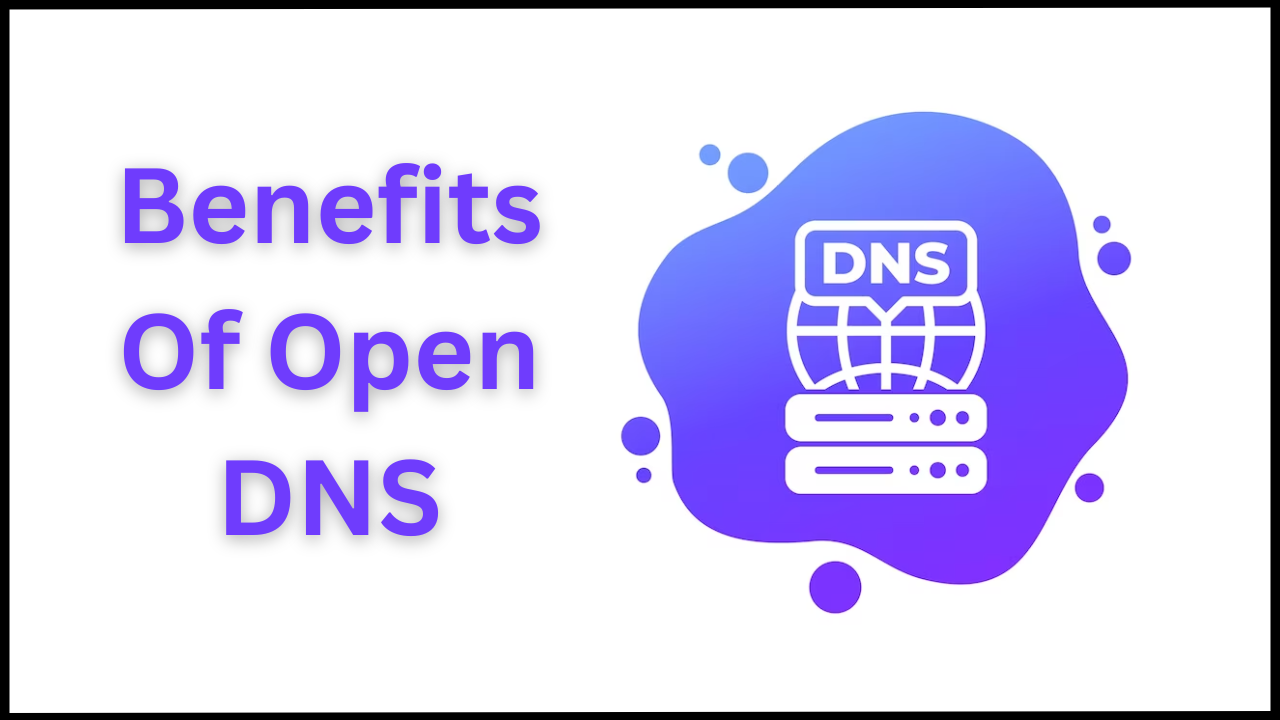
READ MORE: How to Configure and Use DNS-Over-HTTPS (DoH) in Windows 11 ➜
Setting Up OpenDNS
Setting up OpenDNS may seem hard at first, but it’s fairly easy if you have the right guidance. Follow the steps below to set up OpenDNS on your router.
- First, head over to OpenDNS and select a plan to start creating your account.

Choose your plan - After registration, choose your device type from the given options. For this guide, we will be choosing Home routers.

Choose your device - Choose your router’s make and model to get step-by-step instructions for setting up OpenDNS for your router. The instructions will vary slightly depending on your router but the core process is the same.

Look for your router - After setting this up wait for a confirmation email from OpenDNS, and click on the confirmation link.

Confirm your email address - You will be taken to the OpenDNS dashboard, here you have to add your home network.

Add your home network - Go to Settings > Add a network > Add this network. The website will detect your IP automatically so you don’t have to enter it manually.

Steps to add a network - Now give your network a name and check the “Yes, it’s dynamic” box if it’s your home network or if it’s your school or work network, ask the admins if you have a dynamic or static IP.

Select this option - Click on Done and Viola!
READ MORE: France Working on Blocking Websites Through Browsers ➜
Images sourced from Tech Mash
OpenDNS Alternatives
If OpenDNS doesn’t satisfy you, or you cannot use it for some reason, then you can try these alternatives. All of these are highly trusted and considered reliable among the DNS community.
1. GoogleDNS
Google DNS is the best contender for the best alternative to OpenDNS. With their worldwide reach and great infrastructure, Google DNS provides servers that are both close to your location and secure. GoogleDNS is a service worth trying.
READ MORE: What Risks Are You Taking When Signing in With Google? ➜
2. Cloudflare
Cloudflare is another DNS service that prioritizes your privacy and security over everything. It does not record your IP and deletes operational logs every 24 hours. Cloudflare has a large system that can repel an online attack of any size and type to protect its customers.
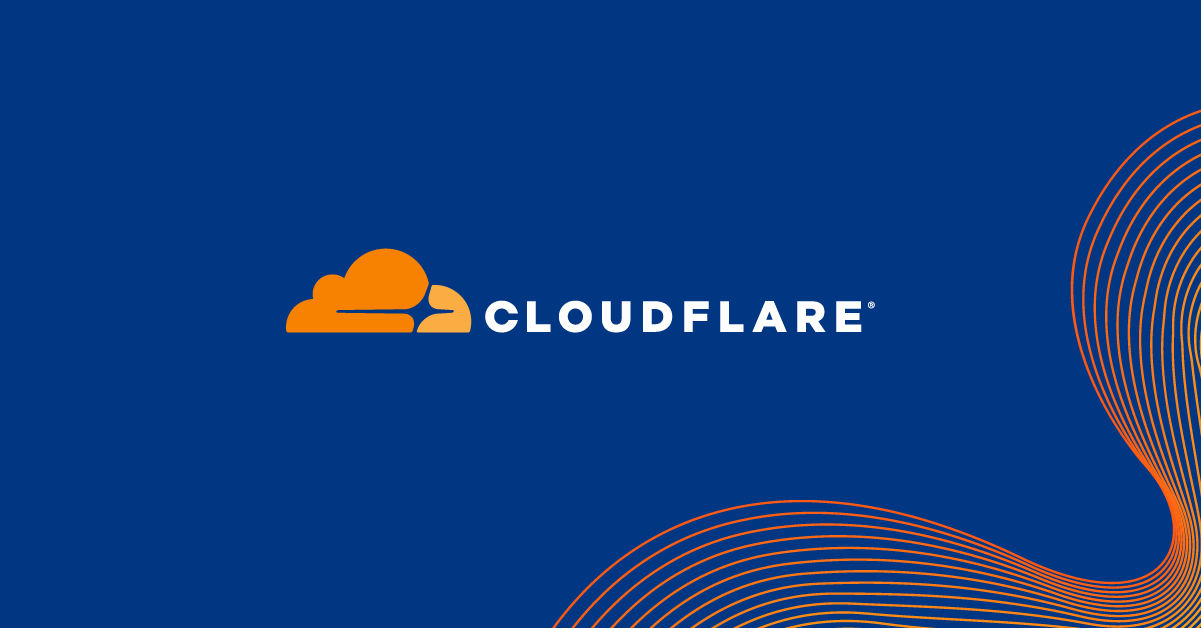
3. Quad9
Although the headquarters of Quad9 is in Europe, its reach is international. It only logs performance and transaction data and not personal information. It is a free service that provides its customers with robust security and privacy features.
GoogleDNS vs OpenDNS
Google DNS and OpenDNS are nearly identical when it comes to performance and security in their free service, except that Google has a slight advantage because of their worldwide reach. The differences become apparent when you get the premium version of OpenDNS allowing you to have a much more personalized experience.
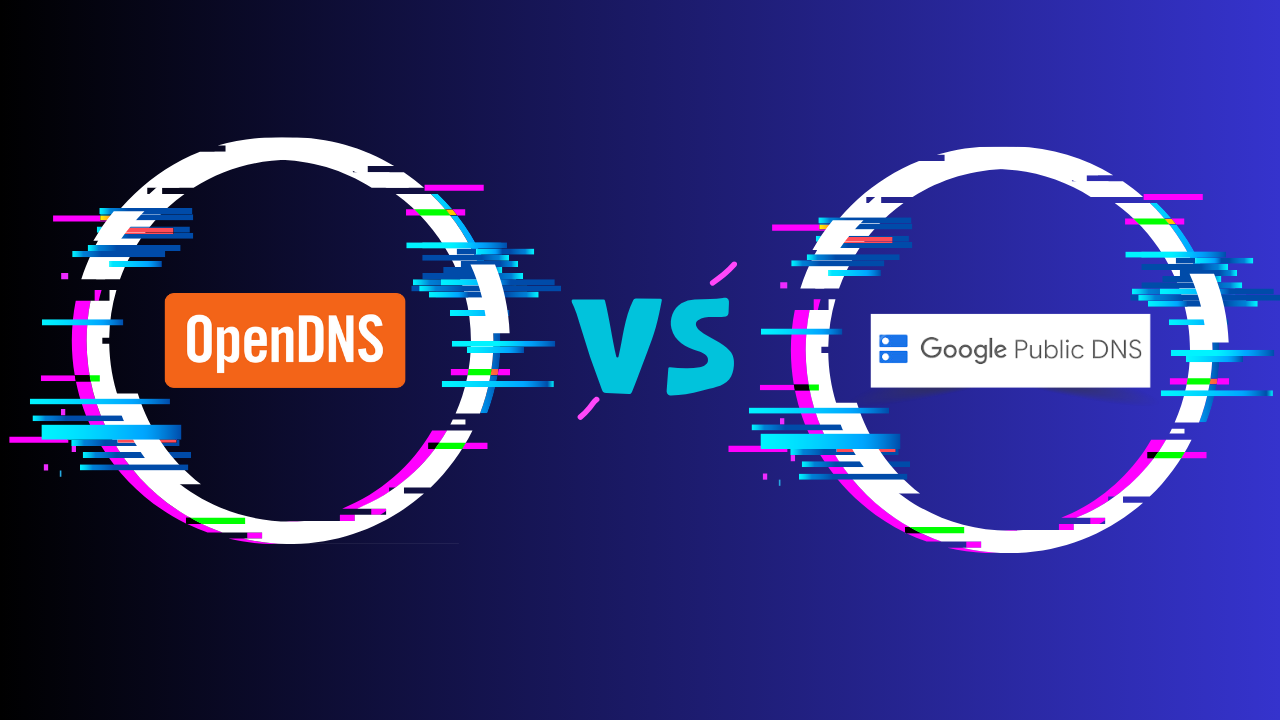
Moreover, OpenDNS also gives much more security features and overall control over your internet than Google DNS. That’s not to say that GoogleDNS is not secure, it’s just that a paid service will always have much more features and control than a free one.
READ MORE: 7 Easy Fixes for When Google Keeps Signing You Out ➜
Wrapping Up
We have been using DNS services for a long time without really understanding it. This article aims to explain what DNS is and how OpenDNS outshines regular DNS services in every aspect. OpenDNS is the best DNS service out there that prioritizes your privacy and security. Setting up OpenDNS may seem hard at first, but with the step-by-step guide in this article, you will be done in no time.
FAQs
OpenDNS provides good security on its own but it’s always a good idea to pair it with other security software. Using OpenDNS with antiviruses improves the overall security of your system.
OpenDNS can work in conjunction with other security software. OpenDNS provides an extra layer of protection to your home network and keeps your private information private.
Yes, OpenDNS provides a very customizable and user-friendly layout for its content filtering options. In short, you can choose keywords and OpenDNS will block everything related to it on all the devices connected to your router.





